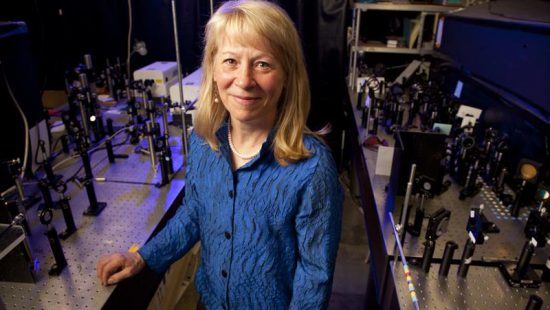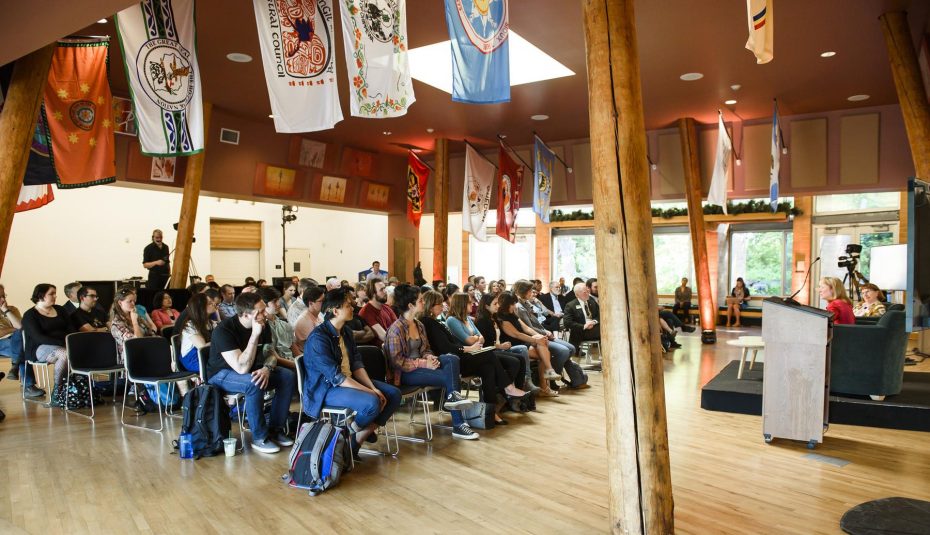After being gifted an organic chemistry textbook in 7th grade, Ronald Breslow started conducting experiments in the basement of his childhood home. Breslow started experimenting with aromatic compounds, a ring-shaped molecule, trying to make them with silicon instead of carbon. His father was a doctor and the office was attached to the house– at times “a tremendous smell would go through the air vents, and the patients would go streaming,” he said, recounting how his passion for chemistry began.
From the beginning, Breslow’s experiments focused on trying to make interesting compounds with interesting properties. Breslow went on to establish the phenomenon of antiaromaticity, which characterizes surprisingly unstable and highly reactive compounds. He discovered the chemical mechanism used by vitamin B1 (thiamine) in biochemical reactions, enhancing our understanding of the important role the vitamin plays in the body.
Breslow also synthesized molecules that imitate enzymatic reactions, and developed artificial enzymes. As a professor at Columbia University, he continues to contribute to cancer research by developing a new group of agents, cytodifferentiating agents, for use in chemotherapy.
By Jennifer Santisi






